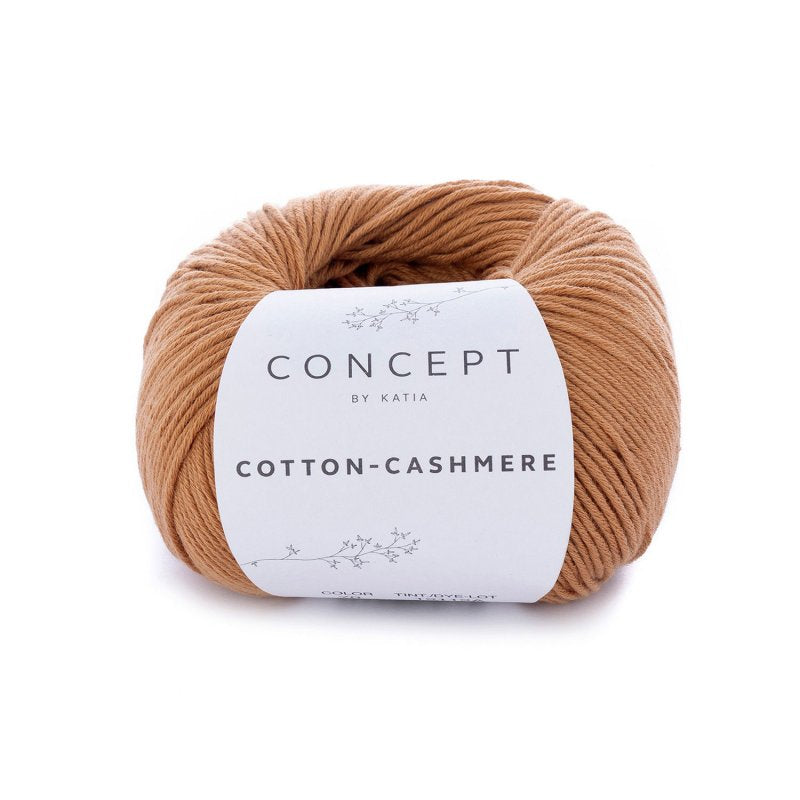Unveiling the Truths of cashmere and Its Timeless Appeal in Design
Unveiling the Truths of cashmere and Its Timeless Appeal in Design
Blog Article
Recognizing the Different Sorts Of Cashmere an All-natural Fiber and Their Special Advantages

The Origins of Cashmere: A Historical Overview
While the extravagant touch of cashmere continues to charm modern-day customers, its beginnings map back to the rough, cold environments of Mongolia and the Mountain ranges. For centuries, the native individuals of these areas have been increasing Capra Hircus goats, the prime resource of cashmere wool. These goats, resistant against the extreme winters, grew a fine undercoat to make it through, which later came to be called cashmere. The name itself admires Kashmir, an area in India where the wool was at first refined. Much of the early cashmere profession course was assisted in by the Silk Roadway, attaching Asia with the Middle East and Europe. In spite of its international spread, the finest cashmere is still thought to stem from the original regions of Mongolia and the Himalayas.

The Production Refine: From Goat to Garment
Shearing a Capra Hircus goat marks the inception of the detailed cashmere production process. The resultant raw cashmere is then washed to remove contaminations such as oil, veggie, and dust matter.
The tidy fiber is subjected to dyeing, rotating, and weaving, or knitting, to change it into a material. Facility treatments such as quality control checks and finishing procedures follow, making sure the end item preserves the elegant criterion expected of cashmere. This meticulous process, from goat to garment, warrants the high price affixed to cashmere products, making them a sign of high-end and improvement.
The Various Kinds Of Cashmere: An Extensive Analysis

The Special Benefits of Cashmere: Convenience and Sustainability
Moving from the range of cashmere kinds to the benefits they use, comfort and sustainability stand out prominently. Cashmere, an all-natural fiber, is renowned for its unequaled softness, offering a degree of comfort that artificial fibers can not match.
When it pertains to sustainability, cashmere is eco-friendly and naturally degradable, as it's collected from cashmere goats that regrow their coats annually. what is cashmere. Unlike synthetic fibers which can take hundreds of years to decompose, cashmere's effect on the environment is marginal. This combination of convenience and sustainability makes cashmere a valuable option for mindful consumers

Caring for Your Cashmere: Maintenance and Conservation Tips
While cashmere is unquestionably a sustainable find here and lavish selection, it requires certain like maintain its quality and extend its lifespan. To start, cashmere should be hand washed making use of chilly water and a mild detergent. Stay clear of wringing the garment or twisting as it can harm the fibers. Instead, delicately capture out excess water and lay it flat on a towel to dry. Cashmere products must be saved in a trendy and completely dry location, away from straight sunlight and dampness. Using moth repellents can protect these garments from prospective damage. It's advisable to prevent hanging cashmere to prevent extending. Rather, layer and store them effectively to keep their form and top quality in time.
Investing in Cashmere: Understanding Its Worth and Well Worth
Although cashmere might originally seem like an expensive investment, its long-lasting value and worth ended up being apparent when you consider its remarkable qualities. Understood for its unrivaled gentleness and warmth, cashmere is click a costs all-natural fiber that outmatches various other materials. Spending in cashmere, therefore, is not simply concerning present fashion patterns, but concerning embracing a lasting, lasting, and luxurious way of life.
Final Thought
In summary, the type of cashmere one picks, be it Mongolian, Chinese, or Italian, is determined by specific preferences for heat, deluxe, spending plan, and sustainability. The worth of cashmere expands beyond its cost, with convenience and durability including in its well worth. Appropriate treatment and maintenance can ensure its conservation. As a result, recognizing the beginnings, production procedure, and unique advantages of different kinds of cashmere can lead customers in their investment in this elegant all-natural fiber.
Whether it's the outstanding heat of Mongolian cashmere, the affordability of Chinese cashmere, or the eco-conscious production of Italian cashmere, there's a tale to be uncovered behind each fiber type. Cashmere, a natural fiber, is renowned for its unmatched gentleness, offering a level of convenience that artificial fibers can't match.When it page comes to sustainability, cashmere is biodegradable and renewable, as it's collected from cashmere goats that regrow their coats every year. Understood for its exceptional softness and warmth, cashmere is a premium all-natural fiber that exceeds other products. Understanding the beginnings, production process, and unique benefits of different types of cashmere can guide consumers in their investment in this luxurious all-natural fiber.
Report this page